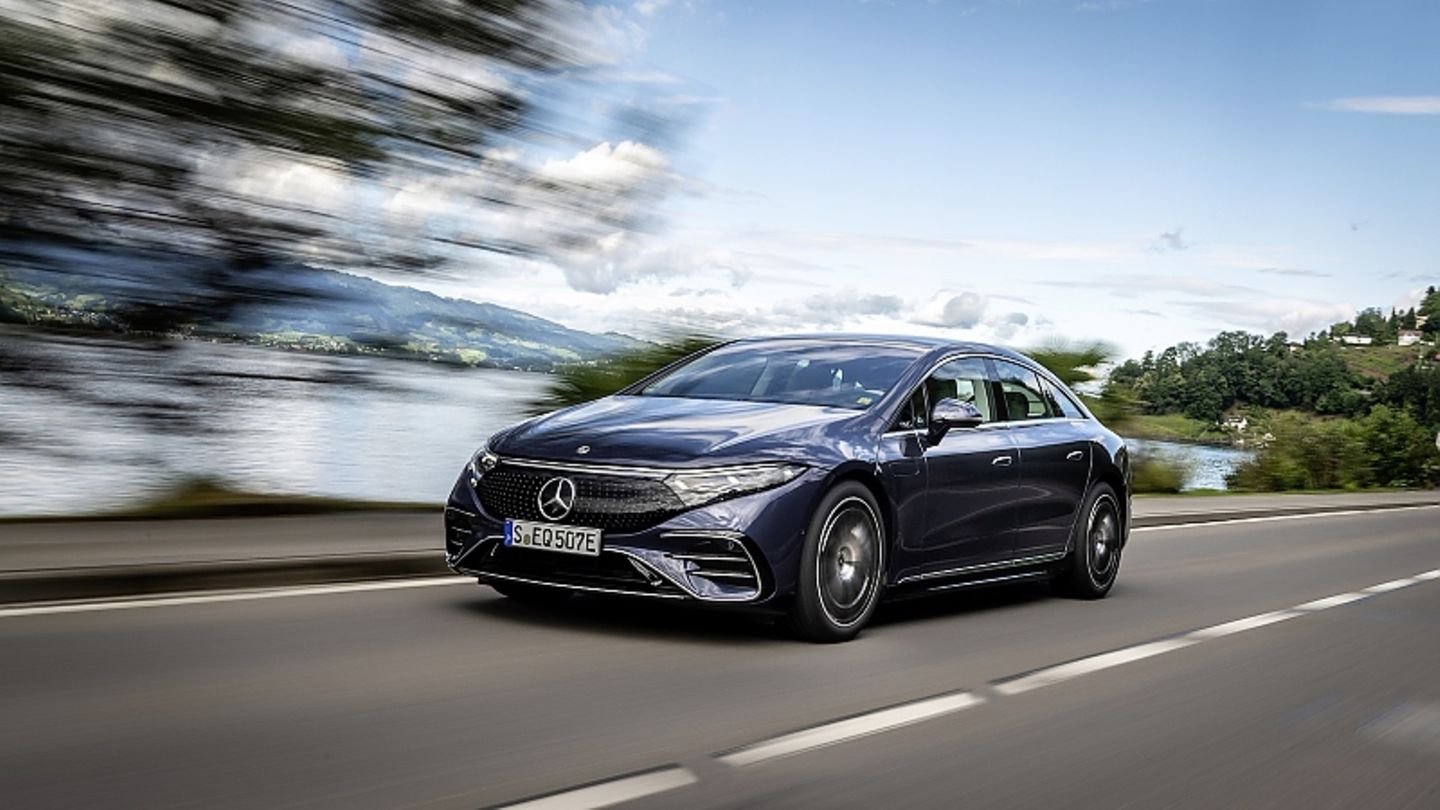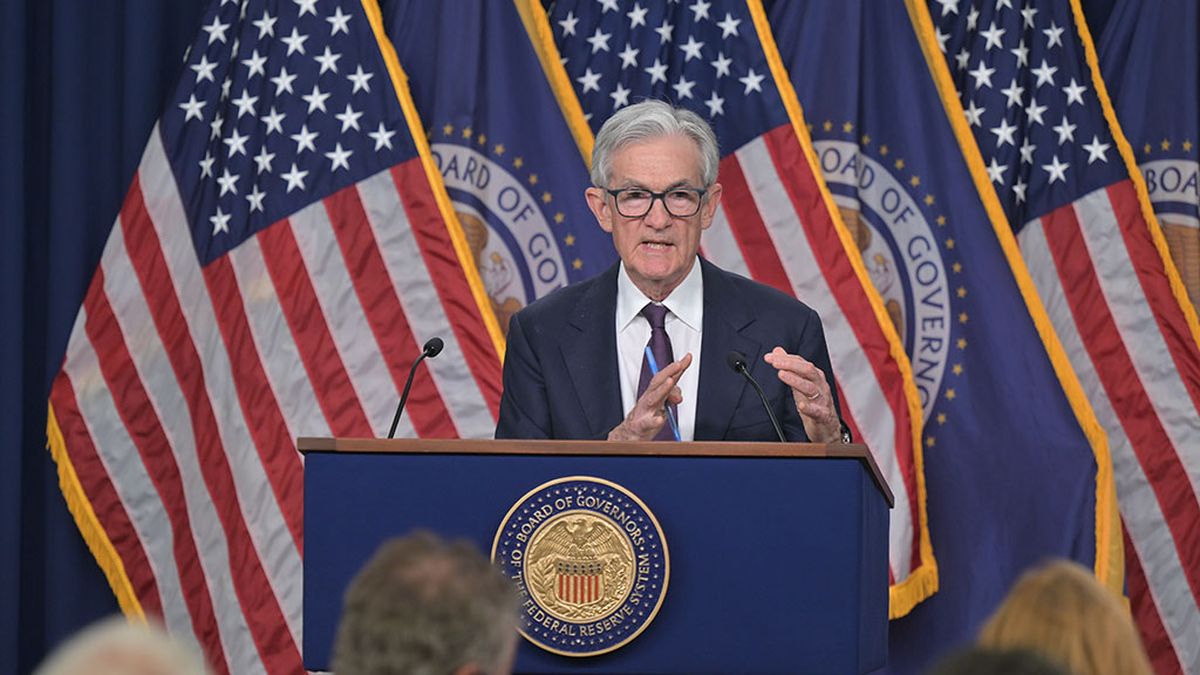Germany is one country for electromobility. If it goes according to the plans of the federal government, it should happen as soon as possible. In order to make the visions of a people of BEV drivers come true, self-sufficiency in the production of battery cells is necessary. A lot is happening in the land of the Teutons.
Germany is becoming increasingly interesting as a location for the production of battery cells. This is not only recognized by Tesla and thus Elon Musk, who is building a plant out of the ground in Grünheide near Berlin, in which not only up to 500,000 cars per year are to roll off the assembly line, but also batteries. Allegedly, the ultimate capacity should be up to 250 gigawatt hours. An impressive figure. For the eccentric native Musk, the construction of this gigafactory in the middle of the traditional automotive nation is certainly more than a coldly calculated business decision. He wants to show the alpha animals of the Old World what he can do and at the same time mark his territory. After all, the cooperation between Mercedes and Tesla that was once envisaged did not end perfectly harmoniously.
What is okay with Tesla can only be cheap to us, is the maxim of other car manufacturers who want to build factories for battery production in Germany. The rationale behind this strategy of settling in a highly industrialized country with corresponding wage costs is nevertheless understandable. The battery cells are an essential part in the manufacture of electric cars. Only those who have the supply chain for all aspects of energy storage under control can keep sales going in the long term. The experience of the OEMs when the Korean partners LG Chem and Panasonic took a somewhat tougher pace in the negotiations on battery cell contingents a few years ago is still too deep.
So you take your skills into your own hands and manufacture the battery storage units yourself. However, so far this has not been possible without a partner. If the factory is here in Germany, crises and differences of opinion can be resolved more quickly than would be the case with factories in Korea or China. Right at the forefront is VW. The Lower Saxony car manufacturer wants to produce battery cells in the former engine plant in Salzgitter. Surprisingly, however, the long-favored Swedish start-up Northvolt is not the groom, but Gotion High Tech, a company from China in which VW has held 26 percent of the shares since last year.
VW is slowly coming under time pressure if it wants to realize its ambitious electric mobility plans and overtake Tesla by the middle of the decade. The other group brands are also shifting up a gear when it comes to e-mobiles, so the hunger for batteries is great. Northvolt is not that far yet, which is why VW Group boss Herbert Diess laughed at another partner in China. Nevertheless, the Wolfsburg-based company is sticking to its goal of jointly producing battery cells with the Swedes from 2023 – after all, you should stand on several feet with this important component. The Scandinavians themselves are considering the option of building a battery factory themselves.
BMW is also getting into battery cell production and is building a pilot plant near Munich, which is scheduled to go into operation at the end of 2022. In addition to the urgently needed batteries, competence is also to be acquired in this way. Because in the long term you want to stand on your own two feet. The Leipzig plant is also considered set, where the battery modules for the Munich BEV flagship BMW iX are already rolling off the assembly line. The brand conglomerate Stellantis plans to build a battery factory in Kaiserslautern by the end of 2025. “The supply of batteries will be crucial,” says CEO Carlos Tavares.
At Mercedes, the energy storage system is back to full throttle. After Dieter Zetsche did not consider his own cell production to be expedient and classified the energy storage system as a standard product that could be purchased at any time and cheaply, the Swabian car manufacturer is now trying to make up for lost ground. The Daimler subsidiary Deutsche Accumotive has revived the Kamenz site as a manufacturing facility for electric car batteries and is again producing rechargeable batteries in Saxony. The company headquarters in Stuttgart Untertürkheim also know that this will not be enough and is intensifying its cooperation with long-term partner Grob-Werke, a recognized specialist in battery production and automation systems. With the help of this know-how, a battery factory is also to be built in the large main plant in Sindelfingen. The Swabian neighbor Porsche also remains loyal to the “Ländle” and wants to build a battery factory in Tübingen. From the end of this year, the battery manufacturer Varta will be producing the coveted energy storage devices in a pilot plant at its headquarters in Ellwangen. The Chinese battery cell manufacturer CATL is already building a factory in Arnsberg in order to supply the BMW plants in Leipzig and Dingolfing with batteries in the future.
I am a 24-year-old writer and journalist who has been working in the news industry for the past two years. I write primarily about market news, so if you’re looking for insights into what’s going on in the stock market or economic indicators, you’ve come to the right place. I also dabble in writing articles on lifestyle trends and pop culture news.




